Once your pension reaches its maturity, there are various ways to receive your funds. Unfortunately, some of these methods can lead to tax liabilities, reducing your overall payout. Nevertheless, there are a few solutions on how to avoid taxes on lump sum pension payout. Let’s explore how to achieve this and stay away from unnecessary taxes.
Options for Distributing Pension Payouts
When your pension reaches maturity, you have several options for receiving pension payouts. These choices include:
- Single-life: Monthly payments based on the life of the beneficiary.
- Joint and survivor: Payments continue until both spouses pass away, with the surviving spouse receiving either the full amount or a fraction, depending on the pension plan.
- Life with period certain: Lifetime income with guaranteed payments for a minimum period, providing protection in case of an early demise.
- Lump sum pension payout: Choosing to receive the entire pension amount as a lump sum, offering greater control over the funds.
Tax Implications of Pension Distributions
Pension distributions are classified as ordinary income by the IRS, based on taxable income, the IRS will assign a tax rate based on the tax table. This makes it essential to explore ways to minimize taxes on this income. A lump sum pension payout, in particular, can potentially push retirees into a higher tax bracket and trigger additional taxes on other sources of income. Additionally, it may impact eligibility for certain tax deductions and benefits.

Benefits of a Lump Sum Pension Distribution
While regular pension payments appeal to many investors, a lump sum pension payment offers unique advantages, such as:
- Enhanced Control: Opting for a lump sum allows retirees to make personalized investment and distribution decisions, providing more financial autonomy.
- Beneficiary Planning: With a lump sum, retirees can allocate the remaining funds to beneficiaries, leaving a financial legacy.
- Security Concerns: Some individuals fear pension collapses, but a lump sum offers greater financial security by avoiding potential payout reductions.
- Annuity Comparison: Retirees can explore annuity rates and terms to find the best options for creating recurring monthly income from their lump sum.
>>People also read:
How to avoid Taxes on Lump Sum Pension Payout
To avoid taxes on lump sum pension payout , investors can directly roll over the proceeds into an individual retirement account (IRA) or another eligible retirement account. Two important considerations:
- 20% Withholding: Some companies withhold 20% of the pension payout for potential federal tax liabilities. To retain the full lump sum amount in your retirement account, you must supplement the withheld 20% when performing a rollover.
- Direct Rollover Option: To bypass the 20% withholding, request a direct rollover where the pension company transfers the money directly to your chosen retirement account.
Working with a financial advisor can simplify the rollover process and ensure paperwork is completed accurately.
FAQ
1. If I received a lump sum distribution from my former employer, how can I avoid the 10% penalty on retirement plan taxes?
To avoid the 10% early withdrawal penalty on retirement plan taxes for distributions taken before age 59½, you can consider the following options:
- Rolling Over to an IRA: You won’t incur the penalty if you roll over the lump sum distribution directly into an Individual Retirement Account (IRA) within 60 days.
- Qualifying for Exceptions: Certain exceptions allow penalty-free withdrawals, such as permanent disability, inheritance, a first-time home purchase, college tuition payments, or qualifying medical expenses exceeding 7.5% of your adjusted gross income, or using equal periodic payments under IRS Rule 72(t). Find more details about Substantially Equal Periodic Payments and Tax Code, Regulations, and Official Guidance from IRS.
2. How much tax is taken from a lump sum pension?
The amount of tax withheld from a lump sum pension payout depends on several factors, including the distribution amount and your tax withholding elections. Typically, the pension plan administrator withholds 20% of federal taxes. However, this withholding amount can be adjusted based on your tax situation.
3. Is it best to take one’s retirement as a monthly pension or lump sum offer?
The best choice may not be clear. If you take a lump sum, you might run out of money during retirement. But if you choose monthly payments and you pass away earlier than expected, you and your heirs will receive much less than the lump-sum option.
4. How can one reduce paying tax on a pension lump sum?
Minimizing taxes on a pension lump sum can be achieved through various strategies, such as:
- Rolling Over to a Tax-Advantaged Account: Rolling over a lump sum pension to an IRA (traditional) or other eligible retirement accounts to defer taxes until withdrawal. This allows you to maintain control over your retirement funds and explore investment opportunities.
- Roth Conversions: Consider converting a portion of the lump sum pension payout into a Roth IRA. Although you may pay taxes on the conversion amount, all future earnings and withdrawals from the Roth IRA are tax-free (after 5 years and you’re 59 ½ or above), offering tax diversification in retirement.
- Charitable Contributions: By donating a portion of the lump sum to a qualified charity, individuals may potentially gain tax benefits while also supporting a cause they deeply care about. However, it’s essential to note that these tax benefits can be realized only if they are claiming itemized deductions. This means taxpayers must have sufficient combined amounts of mortgage interest, property tax, and other itemized deductions to qualify for the tax benefit.

In conclusion, understanding your pension payout options and their tax implications is crucial for a secure retirement. Seeking advice from a financial advisor on tax-saving strategies is an efficient solution to avoid taxes on lump sum pension payout and maximize your retirement funds. With careful planning, you can enjoy a tax-efficient and financially stable retirement.




















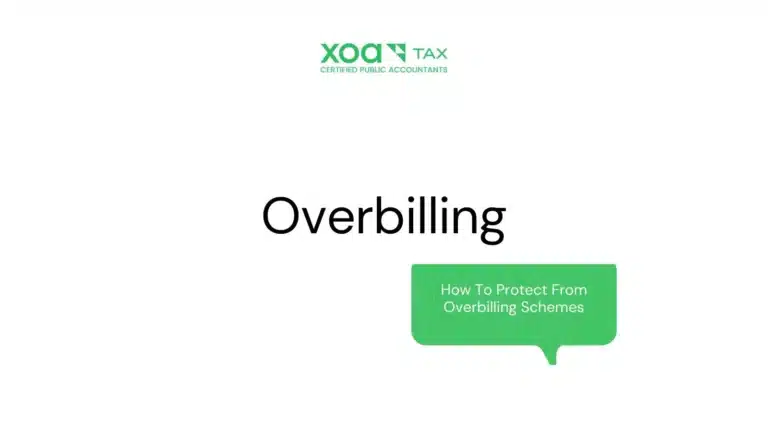



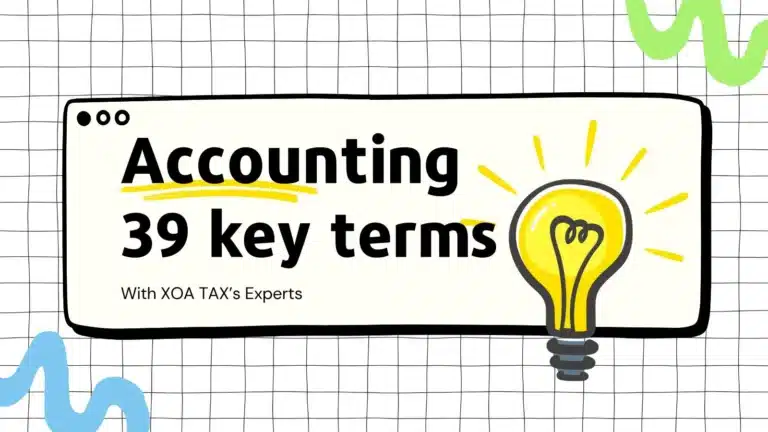
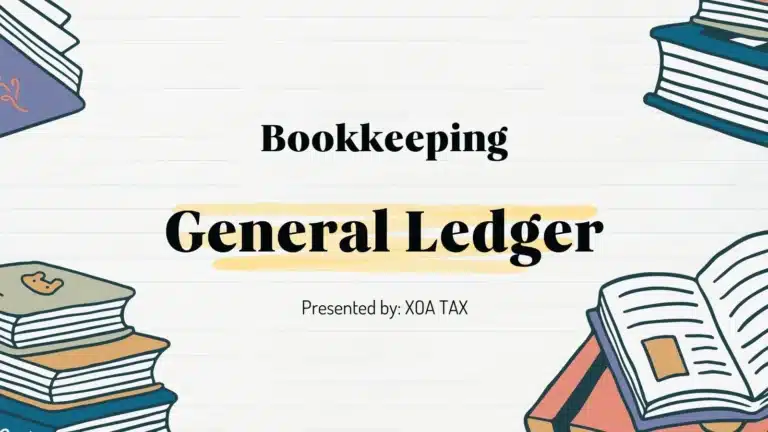

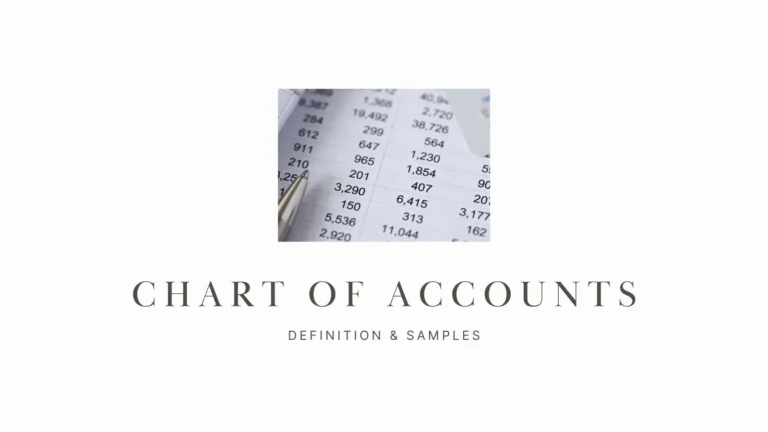








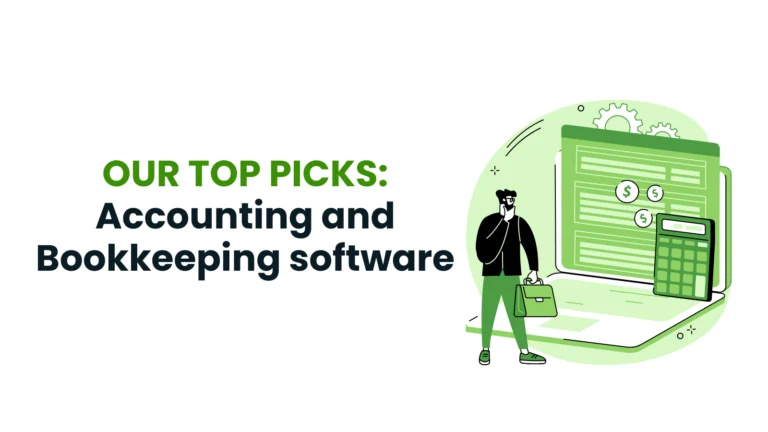
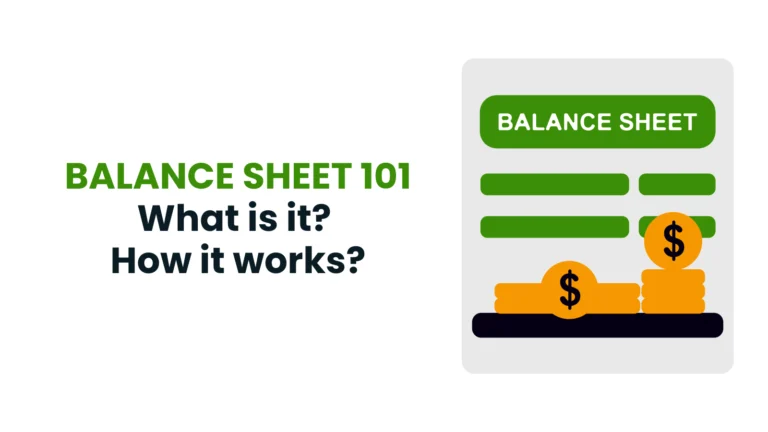

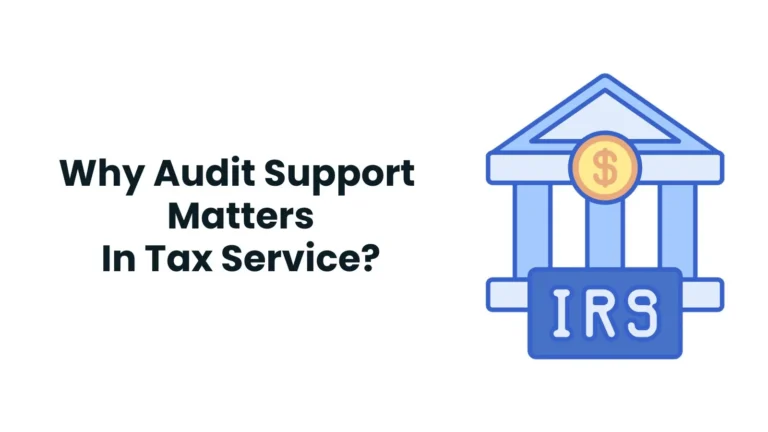

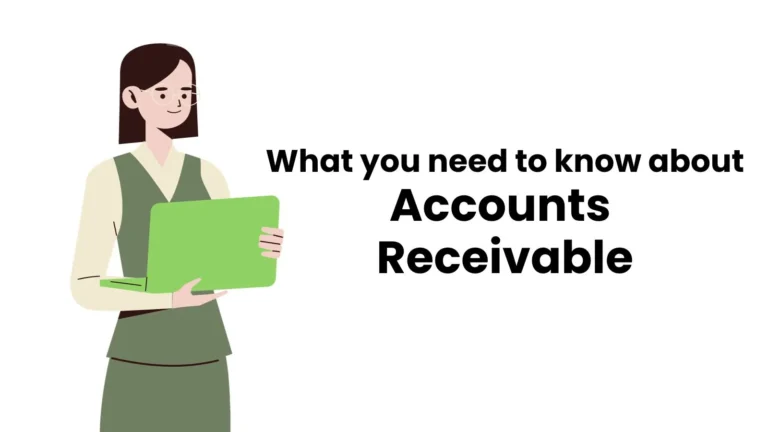


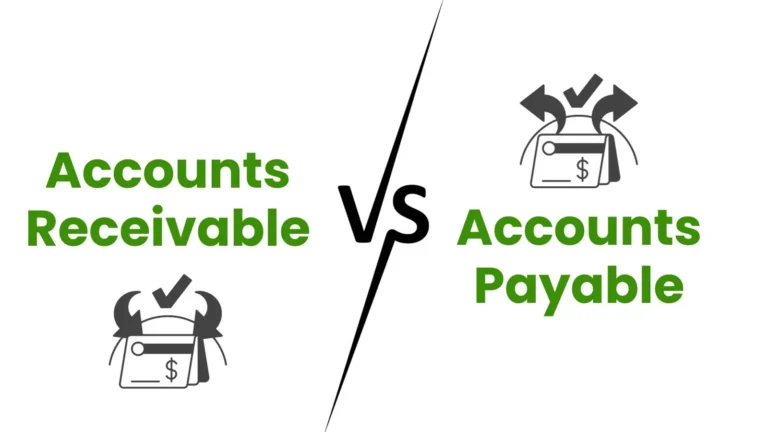
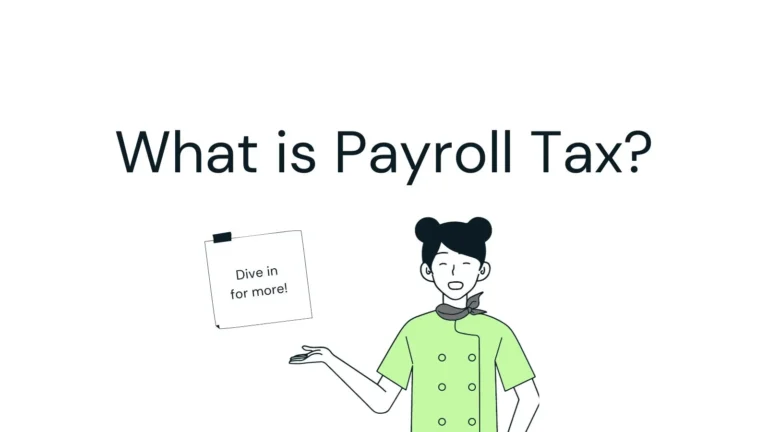
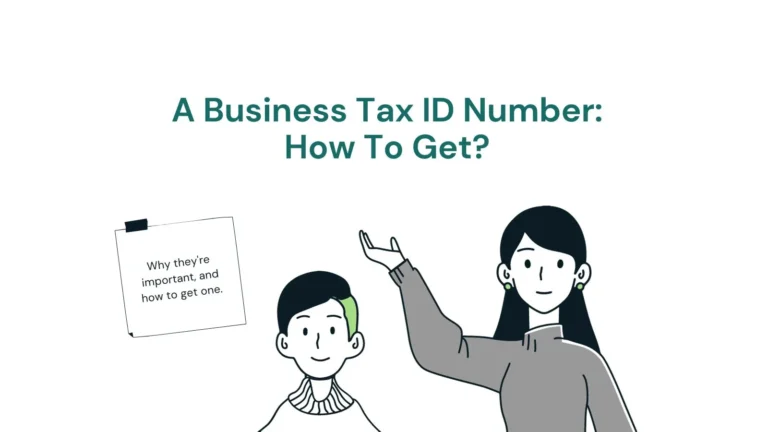

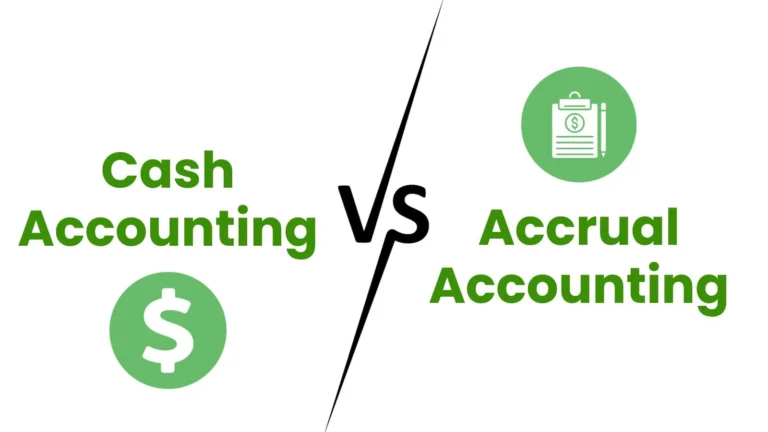

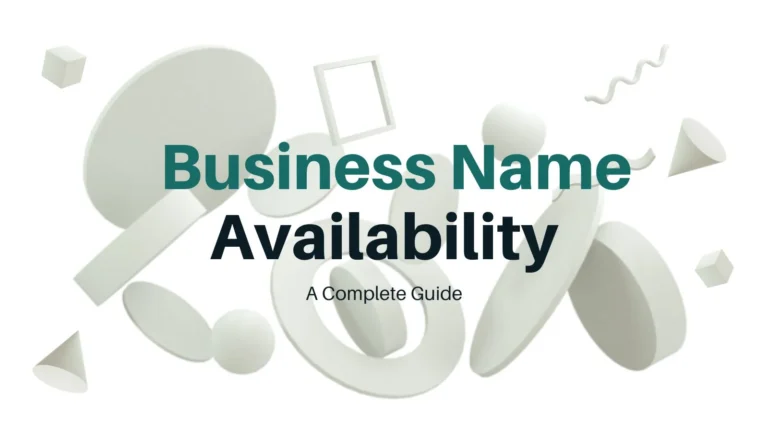


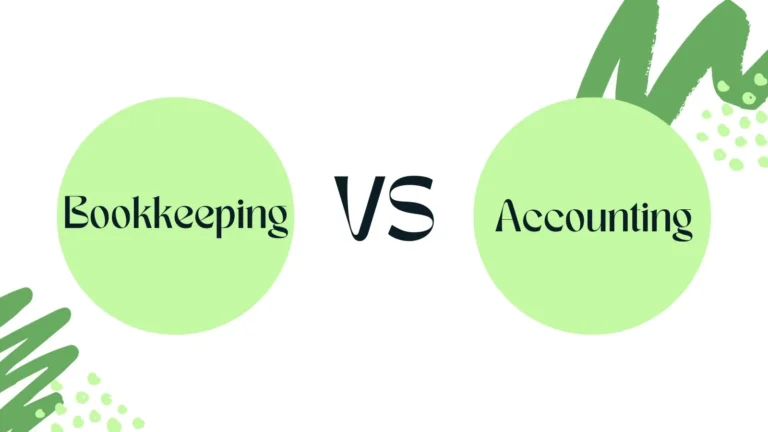






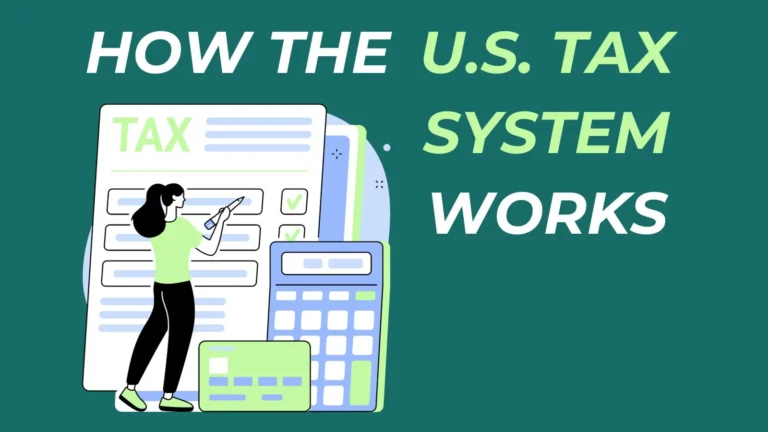


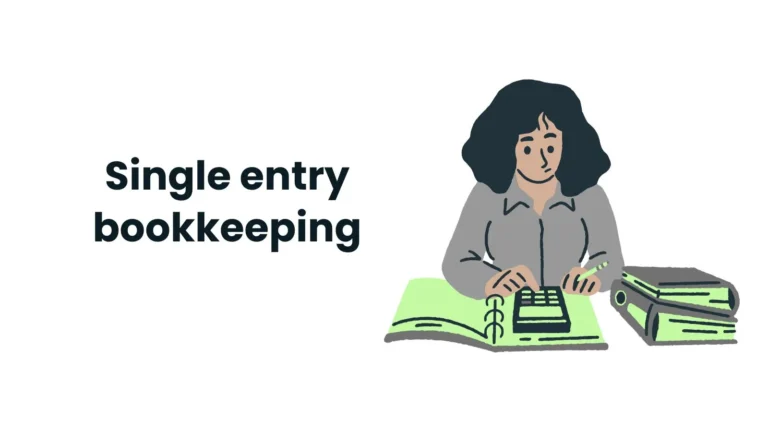




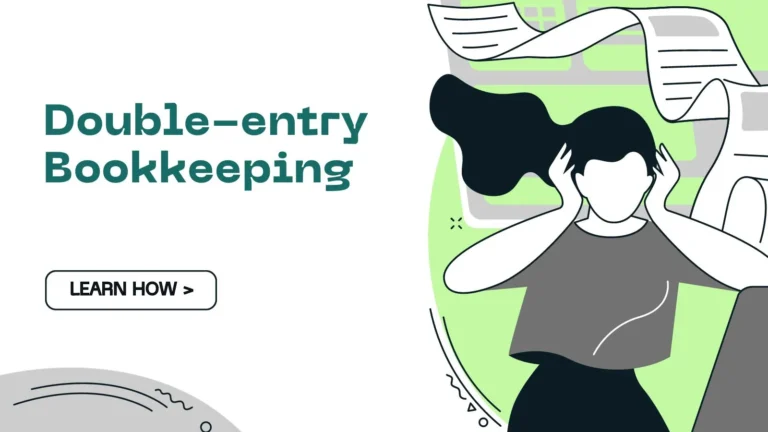
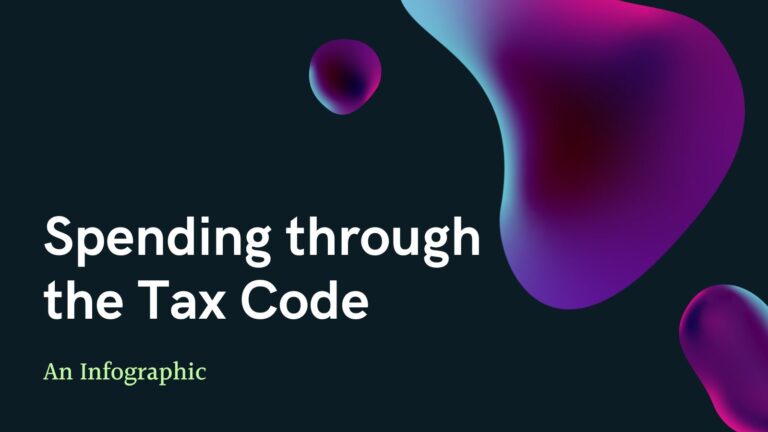

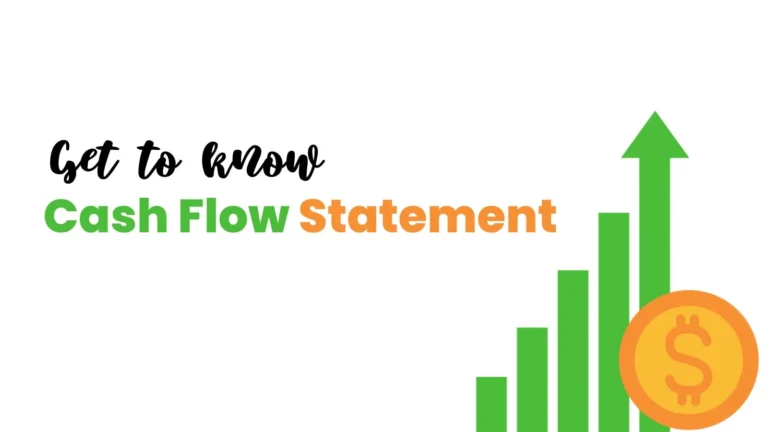
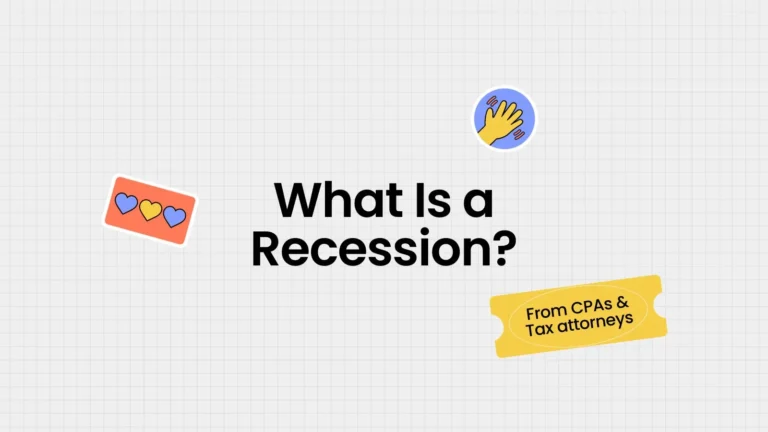

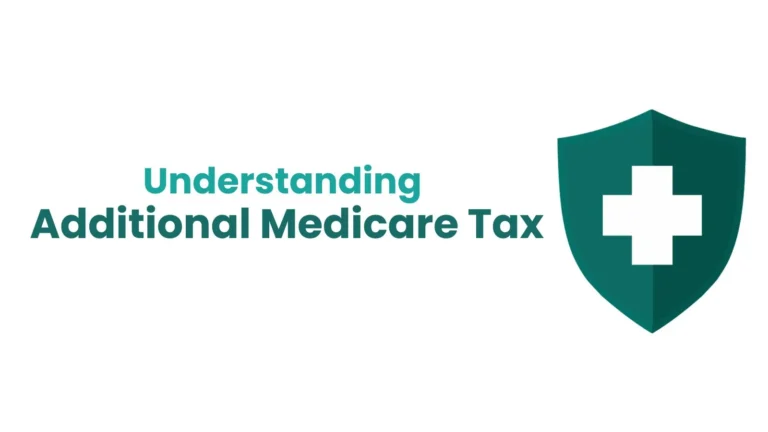
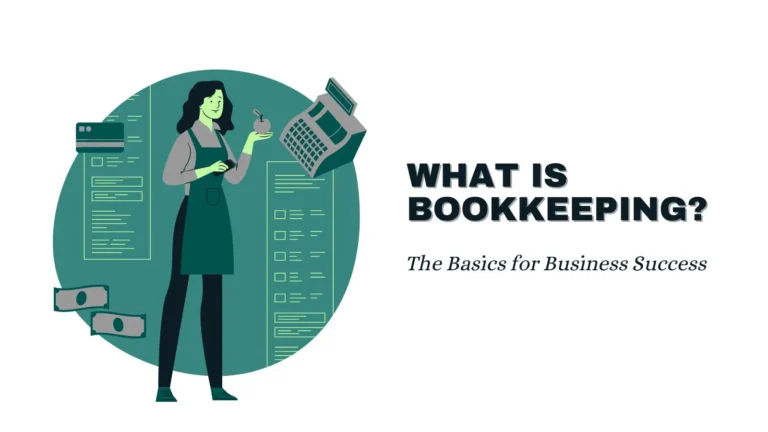
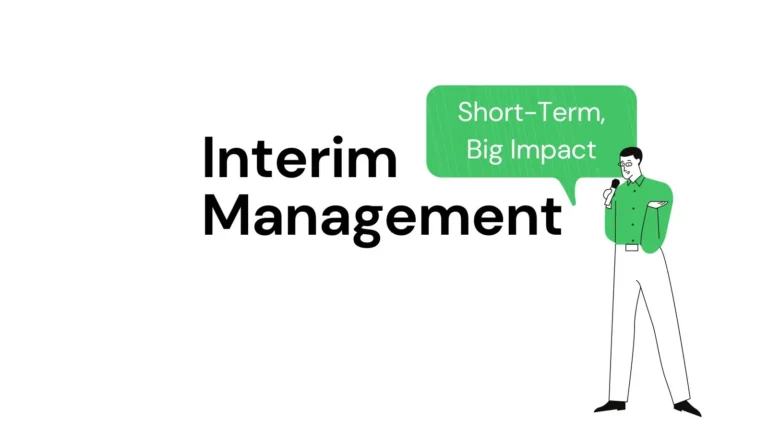

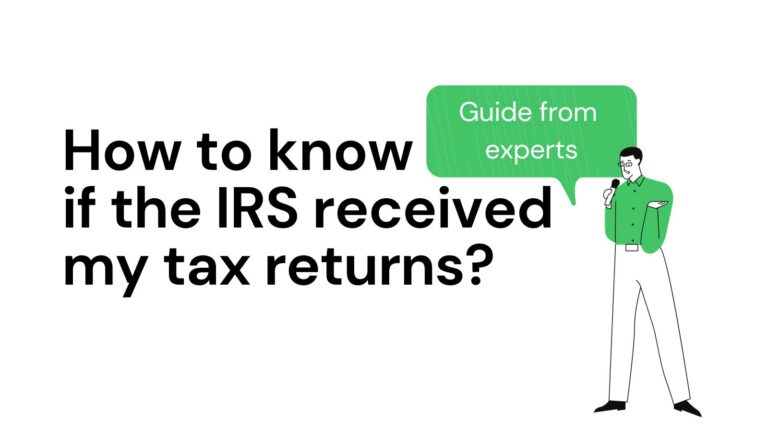
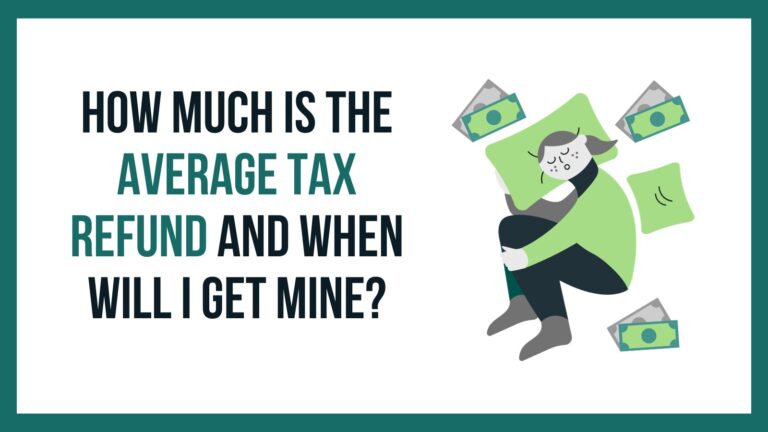
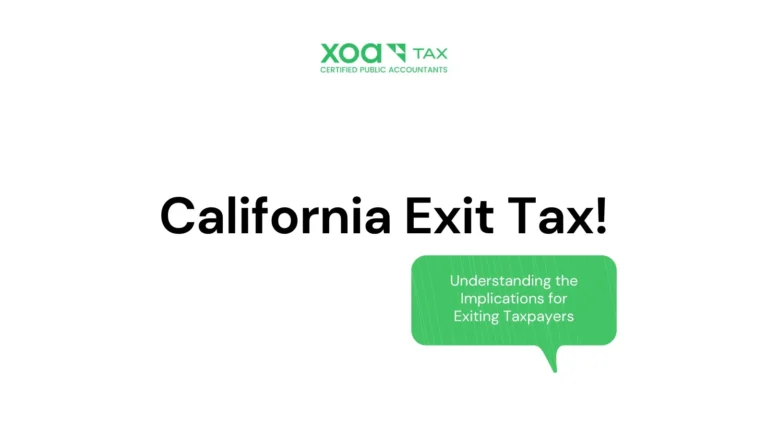
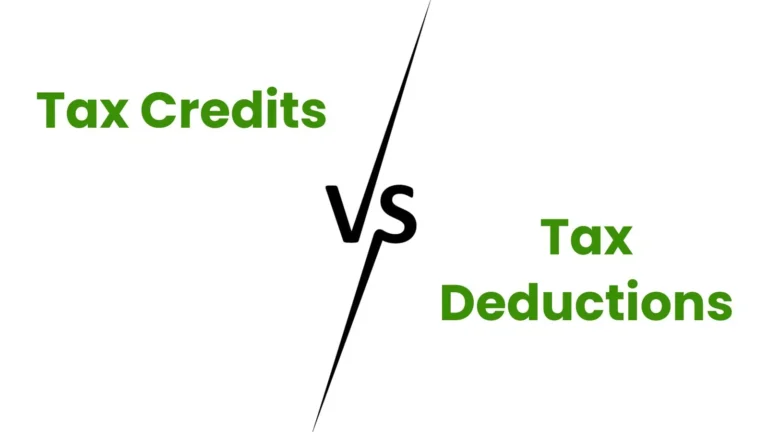
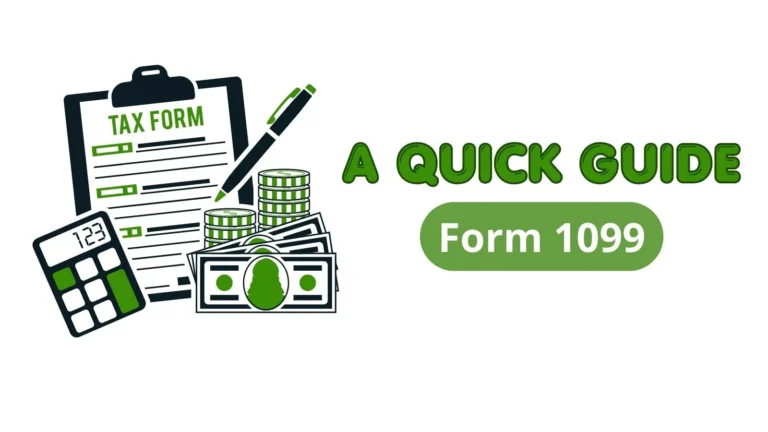
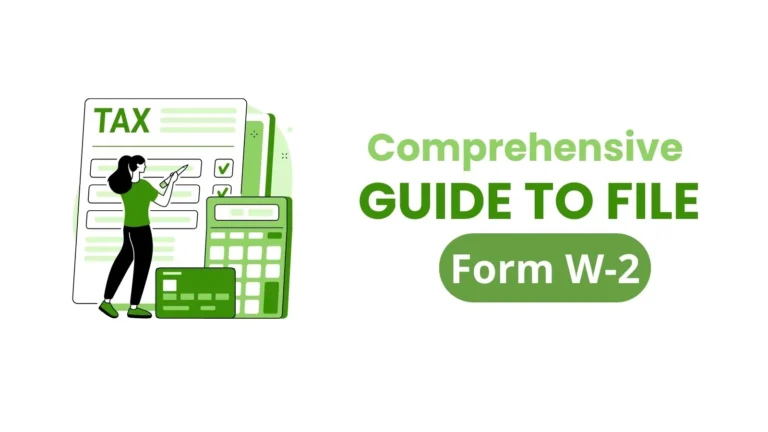
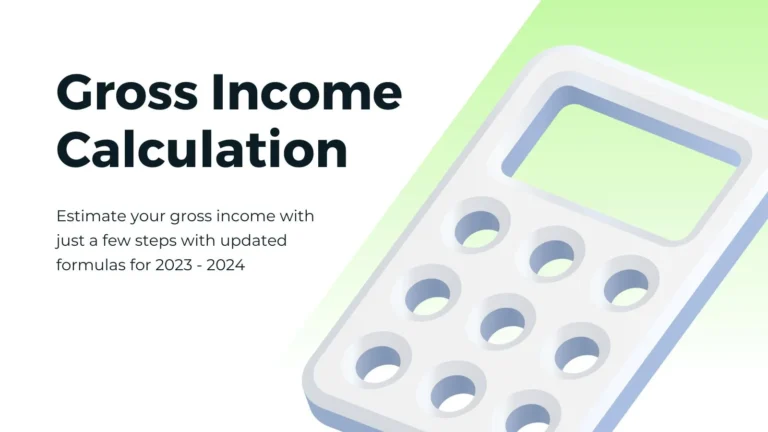
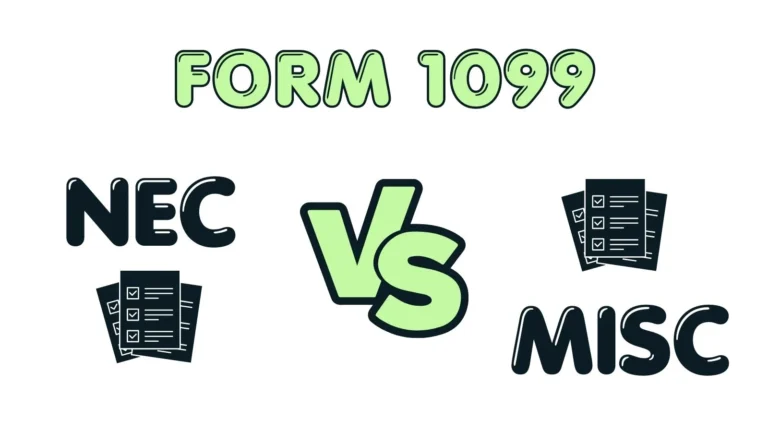


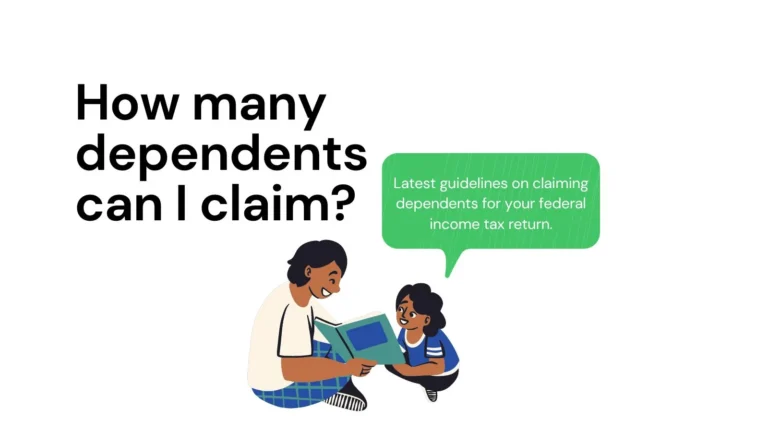
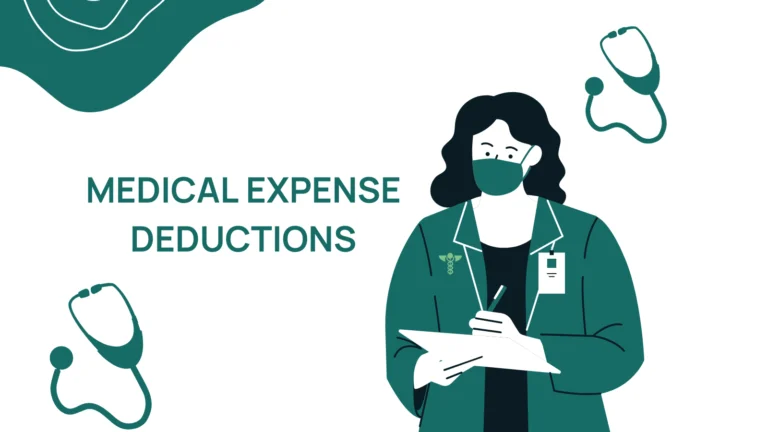
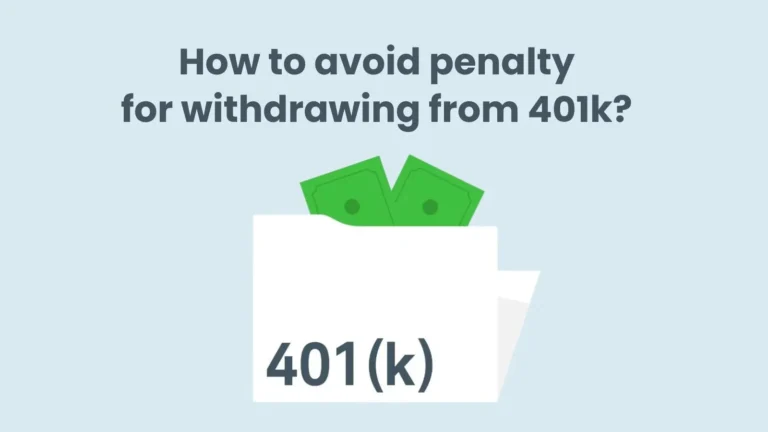
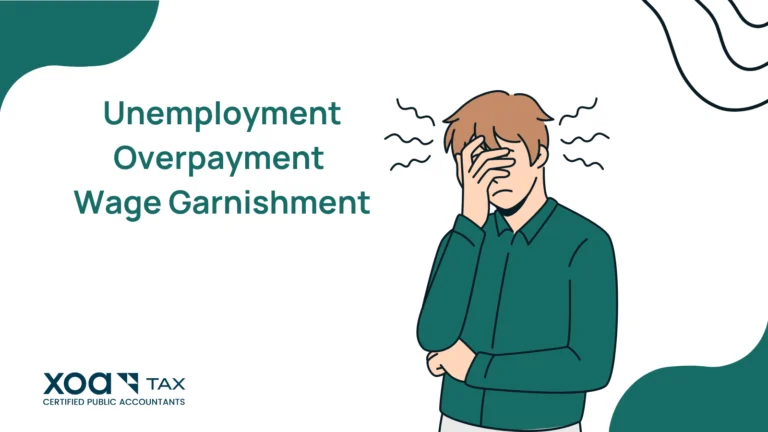






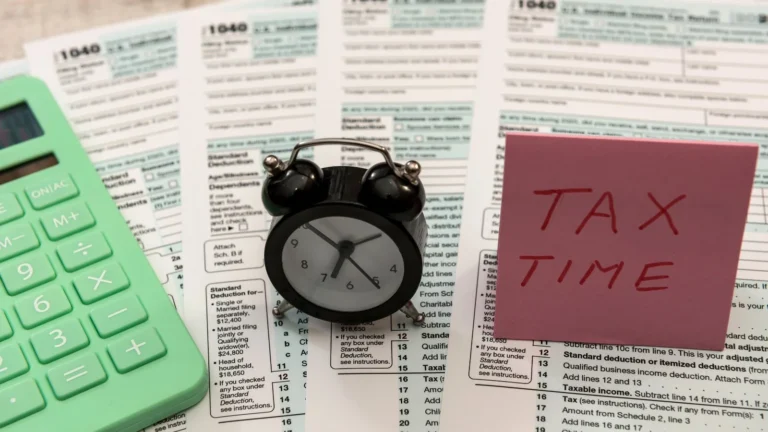
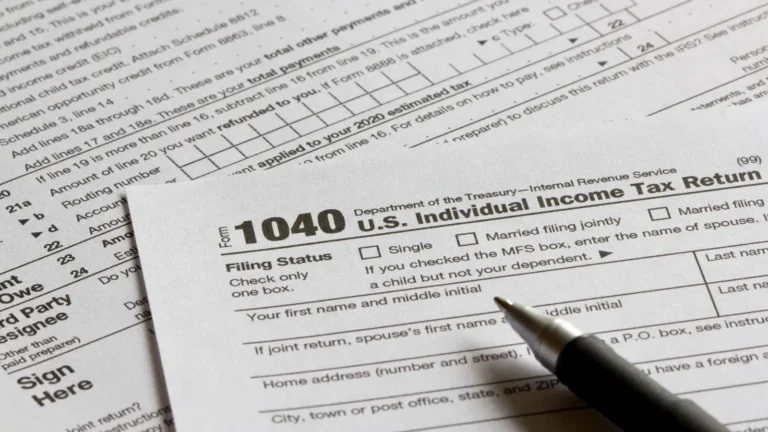
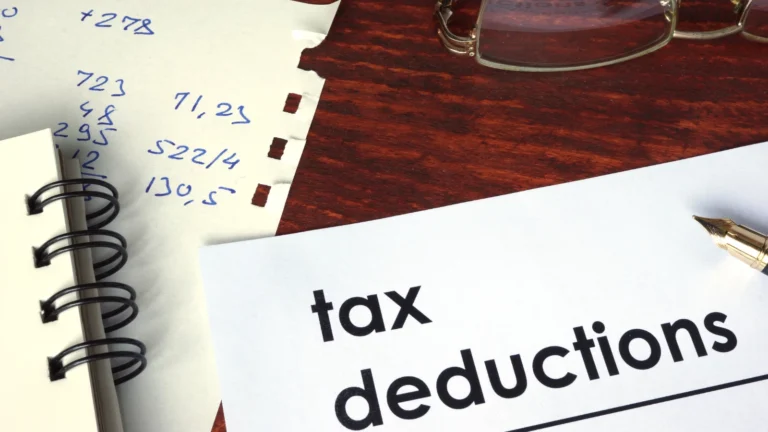




 anywhere
anywhere  anytime
anytime